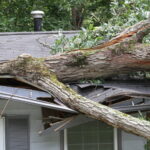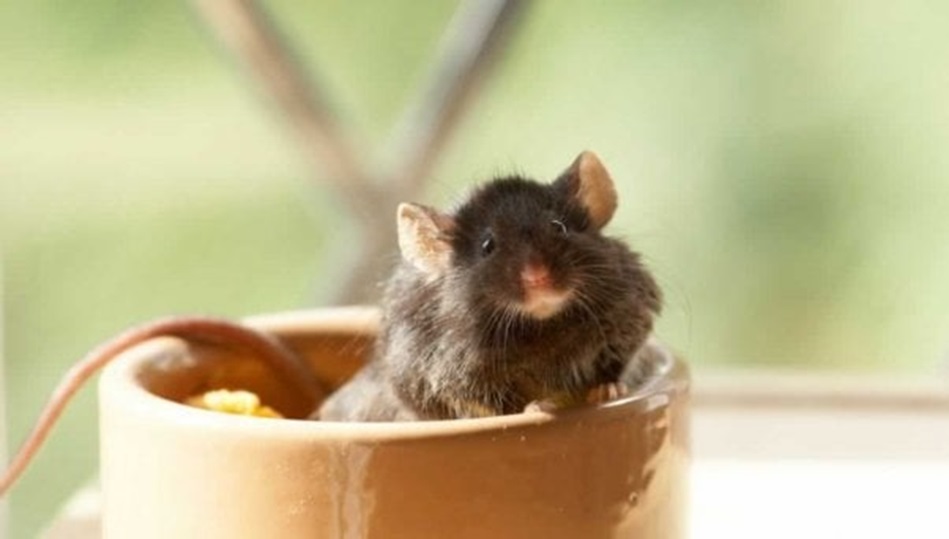Rats and mice are common household pests that can cause significant property damage and transmit various diseases. Their presence can be both annoying and hazardous, making it essential to implement effective strategies to keep pest away from our homes and businesses.
1. Seal Entry Points
The first step in rat and mouse prevention is to block all potential entry points into your property. Rats can squeeze through small openings, and mice can fit through even smaller gaps. Inspect your home thoroughly and seal any cracks, holes, or gaps in the foundation, walls, windows, and doors. Use materials such as steel wool, caulk, or wire mesh to prevent rodents from gaining access.
2. Proper Food Storage
Rats and mice are opportunistic feeders and are attracted to easily accessible food sources. Keep all food items, including pet food, stored in metal or thick plastic airtight containers. Make sure your trash cans have tightly fitting lids and are emptied regularly. Additionally, immediately clean up any spills or food crumbs, as they can attract rodents.
3. Declutter and Organise
Cluttered spaces provide hiding spots and nesting opportunities for rats and mice. Keep your living and storage areas organised, eliminating unnecessary clutter that rodents can use as hiding spots. Regularly clean and vacuum spaces to prevent the buildup of nesting materials.
4. Proper Waste Management
Proper waste management is crucial in preventing rat and mouse infestations. If you have a compost heap, ensure it is enclosed and away from your home. Dispose of waste in sealed bins and avoid leaving bags of garbage outside for extended periods, as this can attract rodents.
5. Maintain Outdoor Areas
Rats and mice often take shelter in outdoor spaces before making their way inside. Trim back vegetation and keep your yard well-maintained to eliminate hiding spots. Regularly inspect sheds, garages, and other outdoor structures for signs of rodent activity and address any issues promptly.
6. Install Rodent Deterrents
Several products can act as effective rodent deterrents. For example, ultrasonic devices emit high-frequency sounds unpleasant to rats and mice but inaudible to humans. Natural deterrents like peppermint oil, used on cotton balls and placed strategically around the house, can also discourage rodents from entering your property.
7. Pet Presence
Having pets, particularly cats, can be a natural deterrent for rats and mice. The presence of a predator in the home can make rodents think twice about invading the territory. However, keep in mind that not all pets are effective at catching rats or mice, so it’s essential to choose the right pet for the job if this is a primary concern.
8. Regular Inspection
Conduct regular inspections of your property to detect early signs of rodent activity. Look for droppings, chewed wires or furniture, and gnaw marks on various surfaces. Identifying a problem early on can prevent a full-blown infestation and make it easier to address.
Conclusion
Rats and mice can be persistent pests, but with the right strategies, you can keep them at bay and maintain a rodent-free environment. By following these tips, you’ll protect your property and belongings and reduce the risk of potential health hazards associated with rodent infestations.










